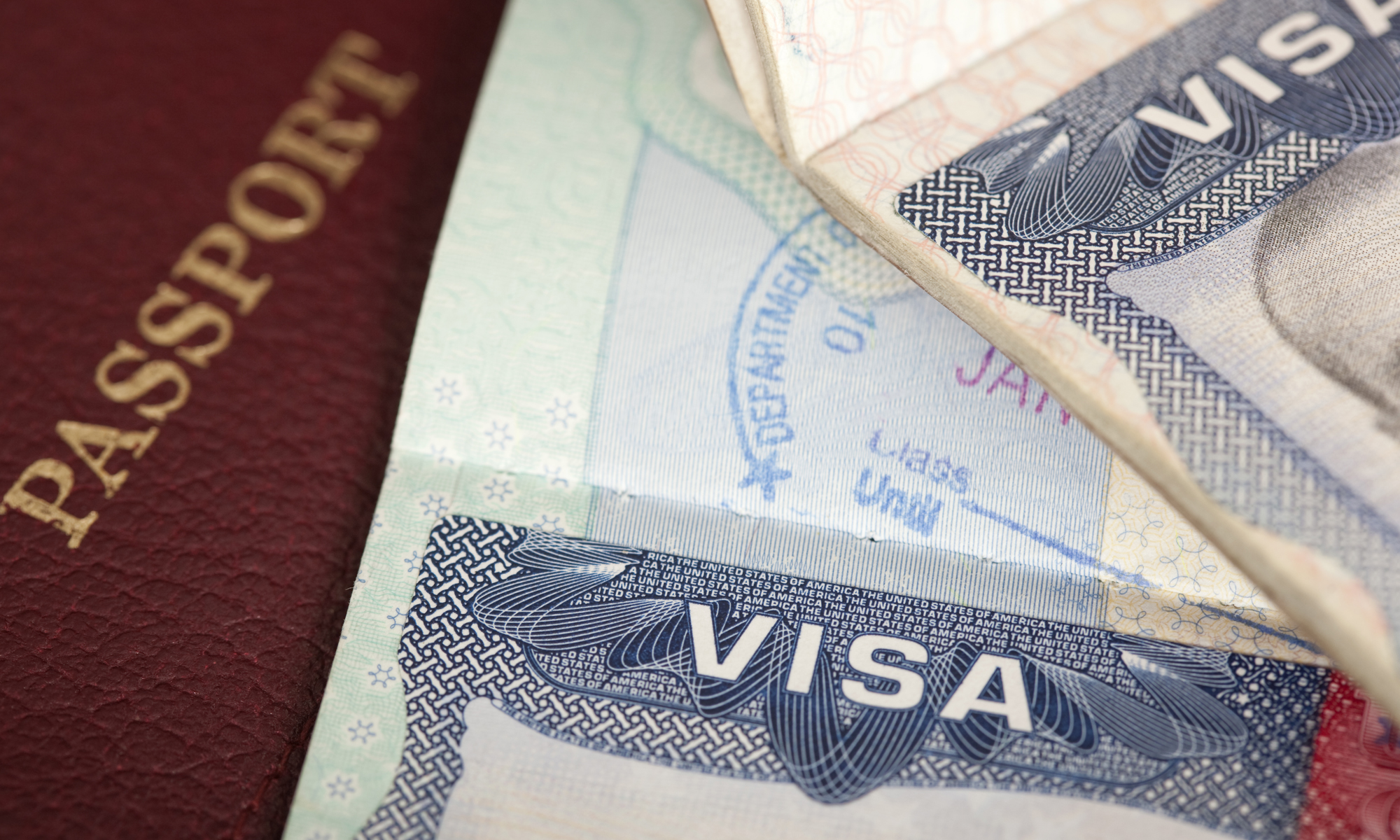The J-Visa International Exchange Visitor Program is designed to foster international exchange between the United States and the world. The program has categories for scholars, trainees, college interns, camp counselors, au pairs and many others. In spite of its original intentions, the program has gotten increasingly complex, expensive and difficult to use for employers and international visitors. This is due to stricter requirements and scrutiny now required of and by J-Visa program sponsors. The latest changes to go into effect now include the following:
New Standard For Determining English Language Proficiency for Exchange Visitors: The DOS has reported a significant number of exchange visitors lacking sufficient English proficiency to complete their programs and navigate daily life in the U.S. Thus, the new rule requires sponsors to use one of the following “objective measurements” to ensure that the exchange visitor possesses sufficient English language proficiency:
- A recognized English language test;
- Signed documentation from an academic institution or English language school; or
A documented interview conducted by the sponsor either in-person or by videoconferencing, or by telephone if videoconferencing is not a viable option. - As a best practice, sponsors are reminded to retain evidence of how they measured the exchange visitor’s proficiency in the event of a DOS audit
Minimum Health Care Coverage Amounts
Although it is the J-1 nonimmigrant’s responsibility to obtain insurance, it is important for sponsors to educate exchange visitors of these new amounts and to potentially terminate the program in the event that the J-1 nonimmigrant willfully fails to obtain qualifying insurance. The following new minimum amounts may also apply to any accompanying J-2 spouse and dependent(s): Medical Benefits: $100,000; Repatriation of Remains $25,000 and Medical Evaluation $50,000.
J Visa Program Management Review Requirements
Private sector program sponsors must now submit a management review of the sponsor’s internal controls. Sponsors are required to use independent auditors to conduct the management review, which must be completed in a format and on a schedule approved by the DOS. This new audit requirement will be rolled out in phases, with the Secondary School Student category to be the first. No official timeline has been set for the other categories. Sponsors with programs that are funded fully by federal, state, or local governments are exempt from this requirement.
Updates to Responsible Officers (RO) and Alternate Responsible Officers (ARO) Obligations: The purpose of these changes is to address fraud and misuse of the J-Visa program and to try and ensure that ROs and AROs are properly vetted and supervised.
- Criminal background checks: Designated sponsors must have ROs and AROs undergo criminal background checks, with renewal occurring every four years. Although the results do not have to be submitted to the DOS (except on an ad hoc basis), the final rule does require the sponsor’s CEO, President, or equivalent to submit a certification that the ROs and AROs have completed criminal background checks within the last four years.
- ROs and AROs must be U.S. citizens and employees of the sponsor. However, a sponsor may apply for a third-party ARO, which the DOS may approve in its discretion.
- Terminating SEVIS access for departing ROs and AROs: Upon departure, the sponsor must terminate SEVIS access for the departing RO or ARO within 10 calendar days.
- Thorough familiarity with laws pertaining to the administration of the exchange visitor program: The new rule has expanded the current knowledge requirement for ROs and AROs to include thorough familiarity with “the Exchange Visitor Program regulations, relevant immigration laws, and all federal and state regulations and laws pertaining to the administration of their exchange visitor program(s), including the Department of State’s and the Department of Homeland Security’s policies, manuals, instructions, and guidance on SEVIS and all other operations relevant to the Exchange Visitor Program; if Responsible Officers and Alternate Responsible Officers work with programs with an employment component, they also must have a detailed knowledge of federal, state, and local laws pertaining to employment, including the Fair Labor Standards Act.”
Additional Reporting Requirements for SEVIS and Form DS-2019
- Sponsors must report email addresses in SEVIS for both J-1 exchange visitors and J-2 dependents.
- Sponsors must also update the J-1 nonimmigrant’s SEVIS record within ten business days of notification of any change to his or her U.S. address, telephone number, email address, and/or primary site of activity.
- Forms DS-2019 must be signed in blue ink and can only be signed by the RO or ARO whose name is printed on the form and is physically present in the U.S. or U.S. territory.
